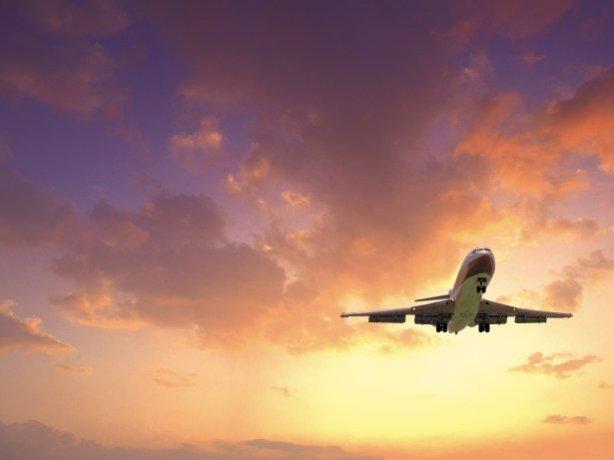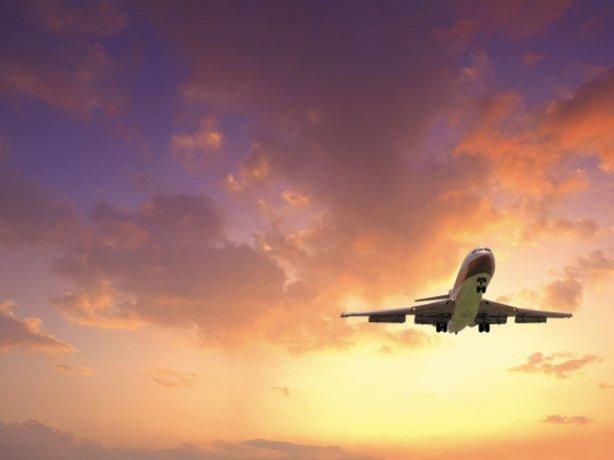Ethanol Blog
Boeing Joins NASA, United Airlines to Test Sustainable Aviation Fuel Contrails
LINCOLN, Neb. (DTN) -- While sustainable aviation fuel is believed to be a huge part of the future of ethanol production there are a number of issues scientists are uncertain about when it comes to SAF's effects on the environment.
To that end, Boeing, NASA and United Airlines announced this month a plan to study the fuel through in-flight testing to better understand the effects on contrails and non-carbon emissions, as well as ways of reducing SAF's lifecycle effects.
According to a news release, Boeing's second ecoDemonstrator Explorer, a 737-10 to be flown by United Airlines, is expected to fly using 100% SAF and conventional jet fuel in separate tanks. The plane will alternate fuels during testing.
NASA's DC-8 airborne science lab will fly behind the commercial jet and measure emissions produced by each type of fuel and contrail ice particles. NASA satellites will capture images of contrail formation as part of the testing.
The researchers aim to understand how advanced fuels, engine combustor designs and other technologies may reduce atmospheric warming, according to a news release.
For example, tests will assess how SAF affects the characteristics of contrails, the persistent condensation trails produced when airplanes fly through cold, humid air. While their full effects are not yet understood, some research has suggested certain contrails can trap heat in the atmosphere.
P[L1] D[0x0] M[300x250] OOP[F] ADUNIT[] T[]
World Energy is supplying SAF for the tests from its Paramount, California, plant.
The project is the latest phase in a multi-year partnership between Boeing and NASA to analyze how SAF can reduce emissions and enable other environmental benefits.
Compared to conventional jet fuel, SAF -- made from a range of sustainably produced feedstocks -- can reduce emissions by up to 85% across the fuel's life cycle and is believed to offer the best potential to reduce aviation CO2 during the next 30 years.
Corn is seen as a viable feedstock to produce SAF, meaning ethanol producers across the country could play a significant role in expanding overall SAF production.
The Commercial Aviation Alternative Fuels Initiative forecasts SAF production through 2028, based on technology used and public reports.
By the end of fiscal year 2023, 55 million gallons of SAF are expected to be produced. That number grows exponentially to 400 million gallons in 2024, 995 million gallons in 2025, 1.415 billion gallons in 2026, 1.629 billion in 2027 and 1.789 billion in 2028.
The U.S. government's SAF grand challenge calls for 35 billion gallons of production by 2050 in the U.S. alone.
According to the SAF Grand Challenge roadmap, the U.S. corn-ethanol industry could produce about 9.4 billion gallons of SAF from existing plants using the same amount of corn the industry uses today.
As SAF production expands, the U.S. has been relying on feedstock imports to grow that production.
Todd Neeley can be reached at todd.neeley@dtn.com
Follow him on X, formerly known as Twitter, @DTNeeley
(c) Copyright 2023 DTN, LLC. All rights reserved.






Comments
To comment, please Log In or Join our Community .